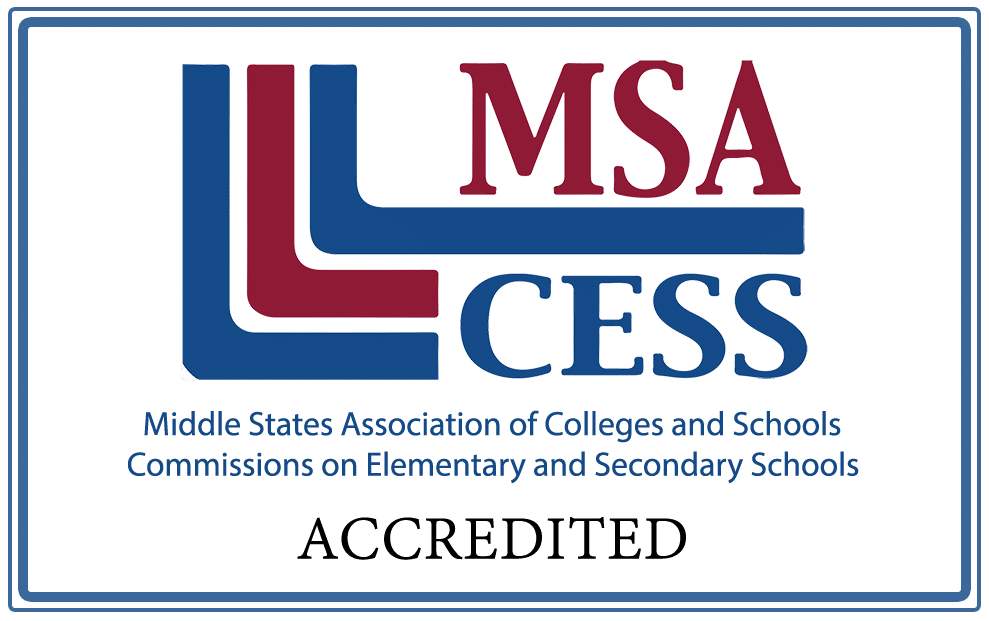Attitude
by Deacon Gene McGuirkA basketball coach had a meeting with a player who was not performing well and asked him, “What is the problem with you? Is it ignorance or apathy?” The player replied, “Coach, I don’t know and I don’t care.”
Obviously this short, humorous story makes a point for all involved in education, but particularly for home schoolers. The primary purpose of all education is to overcome ignorance, or to advance in knowledge and wisdom. Home schooling is no exception to this. Catholic parents believe that God has elevated them in sacramental marriage for the purpose of begetting and educating children. However, it sometimes happens that a child does not have the best attitude towards acquiring this education.
There are many reasons why a child might have troubles with schoolwork: because of specific learning disabilities, or because materials are too advanced for the student, or even because there are too many distractions. However, attitude plays a very large role in each student’s success or failure. A student with a bad attitude will rarely be successful.
How can a bad attitude be changed to a good attitude?
Like so much else, this is at base a religious issue. If it is a major duty of parents to teach, then the major duty in the life of the child is to learn. For some children, and for some subjects, this is easy. But if students are to learn all that they must learn, it will not always be easy, because they will need to study areas which are difficult for them or which do not greatly interest them. Students must develop their will power to persevere beyond the difficulties that might be hindering their learning. This exercise of will power is, in itself, a form of education, because it is training the will to overcome difficulties so that it can fight through the ever greater temptations that come with advances in age and responsibility in life.
The motto of the Boy Scouts of America starts with “I will do my best, to do my duty, to God and my country…” There are three major points in the brief beginning of this motto. The first is to do your best. It does not say “I will do enough to get by” or “I will do as much as I feel like doing.” It calls upon the self control and self mastery to work at doing the best possible. The second point is that this best is directed toward doing “my duty.” Duty is usually imposed by the orders of those in authority. Duty is not what I feel like doing, or what I want to do, no, duty is what I must do because someone in authority has commanded it. The third point tells us who commanded this duty. God did.
Lest you think that this mandate to do your duty and do your best is just for little children in short pants, consider the motto of the United States Military Academy at West Point which is “Duty, Honor, Country.” Note the similarity. The officer-in-training pledges his very honor to do his duty. A man’s honor and good name require him to do his best, or his good name and honor will be reduced. So the ideal at West Point is also to do your best, to do your duty for your country.
There is an even higher example than this. Our Lord Jesus Christ was sent by God the Father on a mission to fallen mankind. Jesus, the honorable, dutiful Son, accepted this charge and obeyed His Father. Jesus proclaimed “I came down from heaven, not to do my own will, but the will of him that sent me…” (John 6:38)
Jesus acknowledged that His mission was to die on the cross. Jesus indicated this to His disciples when He told them: “When you shall have lifted up the Son of man, then shall you know, that I am he, and that I do nothing of myself, but as the Father hath taught me, these things I speak: And he that sent me, is with me, and he hath not left me alone: for I do always the things that please him” (John 8:28-29).
Jesus told us that He is the Way, the Truth and the Life (John 14:6). By proclaiming Himself as the Way, Jesus was telling us that we must always follow His example. Since He obeyed and did His best to fulfill His mission, each student must do his duty by obeying his parents and persevering with his school work.
Although it is a student’s duty to learn, it will never be enough merely to follow duty. A soldier may pledge to do his duty, but to do it well, he must be convinced that his duty is right and good and worth doing. A soldier who does his duty out of obligation will never be as good as a soldier who does his duty out of love for his country.
What would we say of a father who provides for his children only because of duty, and not because of love? We might praise him as dutiful, but surely we would pity his attitude.
In the same way, a student who approaches his studies only out of duty is missing a necessary component to real success. A Catholic student is preparing himself for time and for eternity, and both this world and the next are worth his devotion. The Seton program is designed to create well-educated students who can be leaders in the world. As young men in medieval days spent years preparing for knighthood, so Catholic students in grade school and high school are preparing themselves to enter the fray, in a world which no longer shares the student’s values. The more a student understands the importance of a Catholic education—and loves the goals of that education—the more successful the student will be.

